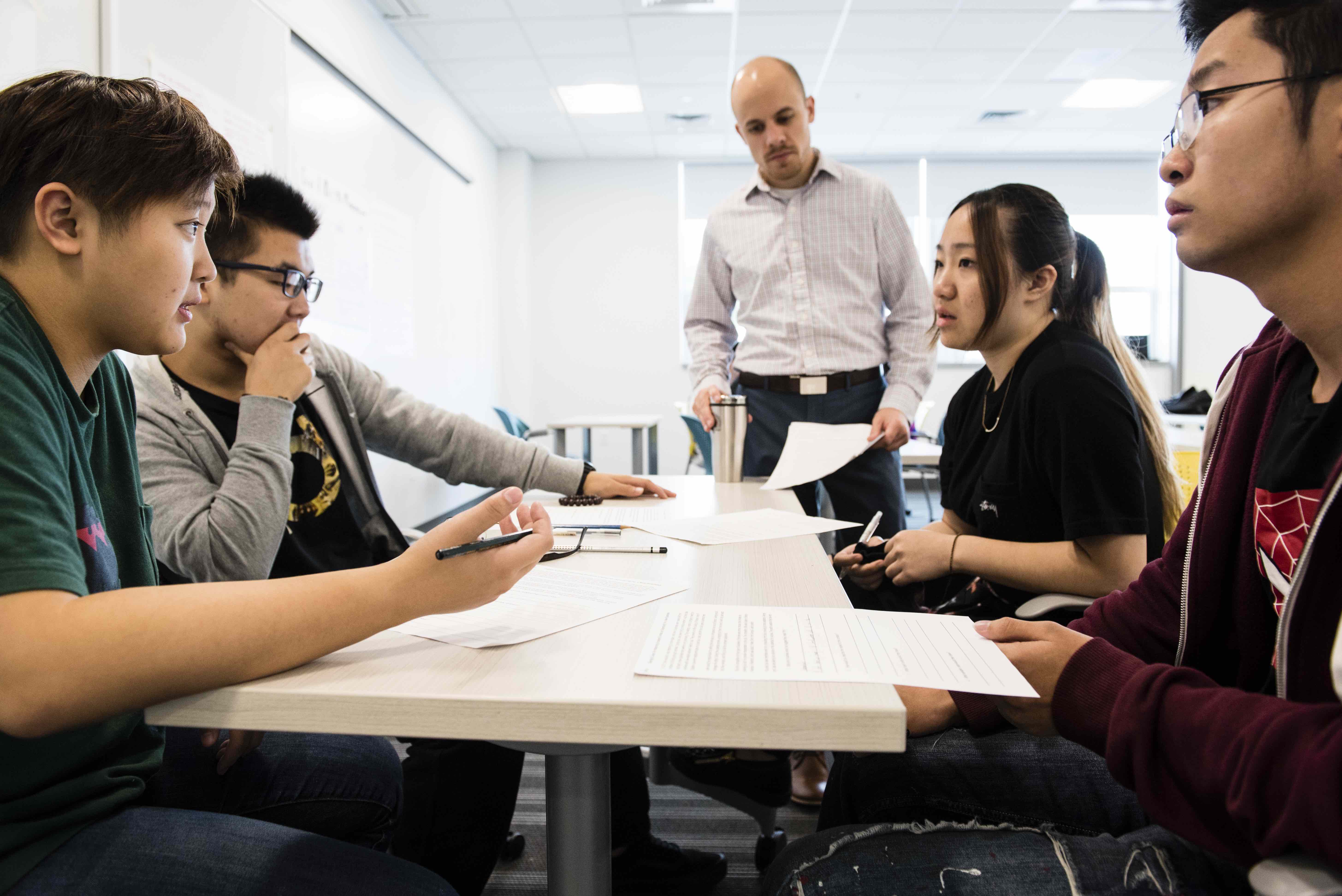Teaching for Inclusive Excellence
What is Inclusive Excellence?
Teaching Resources for Diversity and Inclusion
Tufts Commitment to Diversity and Inclusion
Davis Educational Foundation Grant
What is Inclusive Excellence?
“The collective responsibility to equitably engage all students in high quality, evidence-based educational experiences. An institution that commits to inclusive excellence intentionally designs experiences to accommodate differences in students’ aspirations, life circumstances, ways of engaging in learning and participating in college, and identities as learners and students.”
Witham, K., Malcom-Piqueux, L. E., Dowd, A. C., & Bensimon, E. M. (2015). America’s Unmet Promise: The Imperative for Equity in Higher Education. Washington, DC: Association of American Colleges and Universities.
The framework for inclusive excellence that CELT has drawn from was developed by Salazar, Norton and Tuitt, 2010(PDF).
Teaching Resources for Diversity and Inclusion
This is an actively changing site, if you have resources to contribute or if you have feedback about any of the content, we would love to hear from you at celt@tufts.edu.
Learning

What Do I Need to Know?
Understanding definitions of key concepts, and reflecting on our own beliefs and potential biases is an important first step in developing inclusive classrooms. Here you will find some resources for reflection, and explanations of some core theories and principles behind teaching for inclusive excellence.
Changing

How Do I Get Started?
Sometimes, even a simple change can make a difference. Beginning with how we get to know our students or how we construct our syllabus, we can create more inclusive environments for learning. We have compiled some principles behind developing inclusive classrooms, and some tips for changes you might consider.
Assessing

Is it Making a Difference?
We tend to assess our students in the tradition of our disciplines, or in the ways that are most comfortable to us. Expanding our forms, frequency and transparency in assessment is an inclusive practice that can impact student performance and engagement, and give us feedback on our teaching.
Tufts Commitment to Diversity and Inclusion
“Collectively, our diverse identities and beliefs reflect the richness and complexity of the nation and world we seek to serve and make better.”
Anthony Monaco, Tufts University President, November 14, 2016, Internal message
One of the core themes in Tufts T10 Strategic Plan is "engaging and celebrating commonalities and differences." President Monaco formed the President's Council on Diversity in 2012, and published a report outlining Tufts values and priorities for diversity and inclusion
“Tufts University aims to create a diverse faculty, appropriately reflective of its student body and society at large. Compositional diversity remains an essential foundation for a more inclusive university. At the same time, the university recognizes that compositional diversity is not enough to ensure that the university provides a supportive and welcoming educational environment for a diverse cohort of students. The specific actions of faculty, and the tone they set in the classroom and laboratory, are enormously important in the student experience at both the undergraduate and graduate/professional level.” (p. 21, Tufts Council on Diversity Final Report, December 2013)
Davis Educational Foundation Grant
Tufts CELT, in order to support these institutional values and priorities, applied for and received a three year grant from the Davis Education Foundation to work with faculty on how to teach for inclusive excellence. Beginning in 2013, CELT has worked to develop a cohort of faculty leaders able to build inclusive learning environments through Faculty Learning Communities (FLC’s). Most importantly, the faculty members of these communities have had the opportunity to reflect on their current teaching practices in light of new knowledge and skill development. They have partnered with CELT to build new programs, apply for grants, and make changes in their classrooms. CELT has, over the three years of the grant, worked with faculty to develop a sustainable model that is supported internally, with a robust set of reflection and teaching tools that are collected here on this site. Through publications and a regional conference, CELT has worked to implement and share best practices in teaching for inclusive excellence within Tufts and beyond. This importance of this work continues beyond the life of the grant, and we look forward to working more and more faculty across Tufts on this important mission.
Learn more about the Teaching for Inclusive Excellence Davis Grant